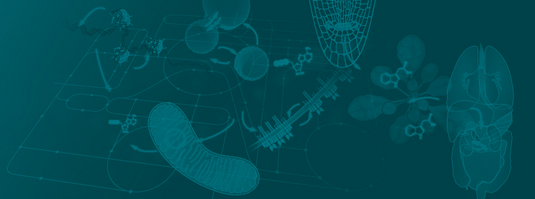Prof. Dr. Silja Vöneky (CIBSS-AI), Institute for Public Law (Faculty of Law), University of Freiburg
The project Responsible Science and Technology - The Legal and Ethical Framework of Control-of-Function Research and Technology will deal with the legitimate foundations that are the cornerstones for a fair and efficient future regulation of biomedicine, plant sciences and biotechnology applications in the EU and globally. Our research project is based on three pillars during the second funding period:
For the first pillar, the project will build on the work and results of the first-round project and continue to analyse from a legal and ethical angle the ongoing intense debate about the future regulation of biotechnology in the EU. Proposals that have been brought forward in this respect range from keeping, or even tightening the current regulation, to developing a new regulatory framework.
Based on this and as a second pillar, the project aims at developing proposals on how to regulate biotechnology in the EU and on an international level in an efficient and legitimate way that enable innovation while responsibly framing and reducing related risks. Questions that arise in this context concern the proportionate regulation of biotechnology in a pluralistic world, the still unclear relation between the precautionary principle and science-based regulation, and human rights implications. Hence, the project will assess these principles in more detail as they could be the foundation of a future biotechnology regulation. One main challenge will be to analyse the distinctive differences and overlapping features between the precautionary principle and a science-based approach to biotechnology and risk regulation, and to assess the consequences that arise out of differences of these two concepts for a future regulation. The results of the first funding period show that the legal framework both on the European and international level is based on the precautionary principle. However, the US as a major actor is not bound by this principle in the area of biotechnology. This requires a basis that might bridge the gap between these concepts. In this regard, possible approaches that need to be assessed may include new perceptions on the ethics of risk, the concept of rationality of emotions as well as processes of public consultation and participation. Besides, human rights might function as an instrument to overcome this regulatory gap, esp. since the International Covenant on Civil and Political Rights (ICCPR) and the International Covenant on Economic, Social and Cultural Rights (ICESCR) set internationally legally binding standards.
This is how the third pillar of the project, research on human rights, becomes relevant: human rights implications on biotechnology and research in this field might provide a common basis when developing a legitimate and proportionate regulation, evaluating benefits as well as risks of biotechnological innovations and uncertainties. Human rights obligations enshrined in the Covenants, such as the right to health or the freedom of science, can influence how to weigh benefits of biotechnology in a future regulation. Human rights may also call for an efficient regulation of biotechnological applications due to possible risks for human health and life or because of the need for consent, e.g. in the context of the deliberate release of GMOs in the environment or in the context of clinical trials. Furthermore, the role of human rights and international law for scientific research and the exchange of data (especially relating to genetic sequences) in the field of biotechnology shall be assessed. What can be seen today is that there is a tendency towards the development of a universal right to participate in scientific progress (cf. UN CESCR, General Comment No. 25 (2020)).






